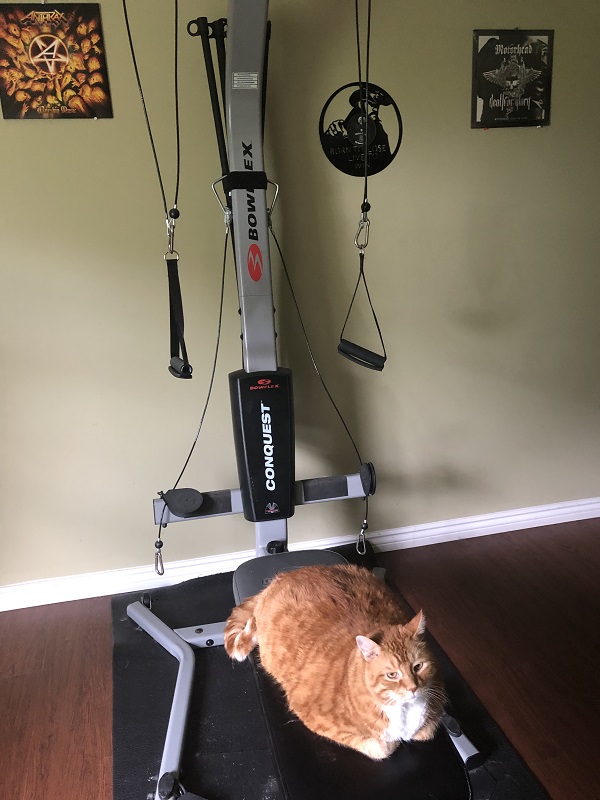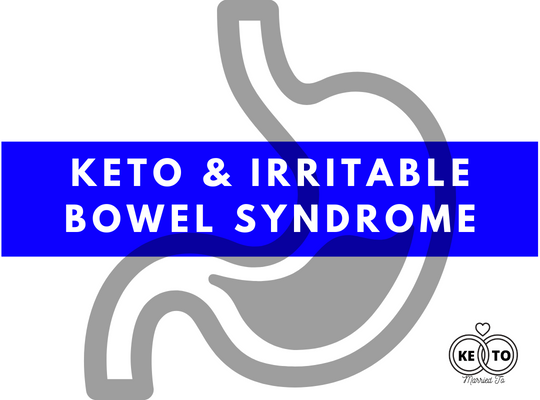Looking at trends around keto you’ll find it’s being used by people to help with specific medical conditions. You can find reports of people starting keto to aid in anything from Type 2 Diabetes to Lupus. We’re not doctors but it does make for some interesting reading on how the body interacts with food and disease. One condition readers ask about is irritable bowel syndrome or IBS. Can keto help IBS? Let’s talk about it.
What Is IBS?
Irritable Bowel Syndrome is a common disorder that effects the stomach and bowel. It causes symptoms such as abdominal pain, bloating, gas, and diarrhea. The exact cause of IBS isn’t known after years of study, but the medical community is clear that IBS isn’t fatal. Although it is certainly detrimental to your quality of life.
It’s believed that 25 to 45 million Americans suffer from irritable bowel syndrome with two of three being female. Although common IBS can quickly get out of control if not managed. People should seek immediate medical attention if they start losing unexplained weight, have rectal bleeding, or constant pain.
Why Would Keto Help IBS?
Although the cause of IBS isn’t truly known it’s accepted that a bout of the painful condition is triggered by certain foods. Known triggers are dairy products, beans, cabbage and carbonated drinks. The first course of action for dealing with irritable bowel is avoiding those trigger foods and lessening another known trigger… stress.
Treatments for IBS accepted by the medical community are really few and far between. Nutritionists advise patients to eat more fiber, avoid gluten, and if warranted, specific medications are prescribed based on symptoms. This is where things get interesting in terms of keto. The avoid gluten falls right in line with a ketogenic diet.
Research on Does Keto Help IBS
The only literature I could find specifically referring to keto and IBS was a small study of a handful of people. The participants were put on a keto diet for a month. The study showed that keto helped with symptoms, but then also noted that fatty foods acted as a trigger for some people. With a study that small it’s very difficult to use the information to prove a point, especially when it contradicts itself.

The reason keto isn’t widely talked about in the IBS medical community is due to certain myths that long follow keto around. Eating more fiber is a known way to control symptoms and it’s a long-held belief that keto drops your fiber consumption. Of course, if you are eating properly, you get more than enough fiber. I would argue you will get more fiber than you ate before keto.
From the Mouths of IBS Patients
The medical community isn’t a strong proponent of keto being used to treat IBS, but there is a large contingent of people online living with the condition that do. You don’t have to look far to find testimonials from people that have successfully used keto to control their irritable bowel.
Reddit has entire forums of people with IBS helping each other with keto that point out trigger foods and ways to adapt the diet to assist with symptoms. There is of course the added benefits of weight loss, increased energy, and stress reduction. Reading through the posts is very similar to reading through other keto groups. User after user shouting from the roof top how keto changed their lives.
My Take on Does Keto Help IBS
Anyone who reads the blog knows I’m very upfront in saying I’m neither a doctor nor a nutritionist. I’m simply a researcher that tries to get the answers we need. The medical community has not accepted keto as a treatment for IBS and nutritionists have developed a specific diet called FODMAP. That deserves a whole blog dedicated to itself.
Personally, I think keto can help if done properly. Eliminating gluten appears to help and getting rid of the sugars that upset the bowel can’t be a bad thing and as you do keto you will have increased energy to help get that exercise in and weight loss to bring down your stress levels. The best part is… if you try keto and it doesn’t work, you stop and try something else. Sometimes thinking outside the box is the only way to take your health into your own hands.
Bill




